A new device can recreate the taste of food in virtual reality by spraying chemicals onto the user's tongue.
Taste the Cake in Virtual Space
Imagine seeing a piece of cake in a virtual world and being able to taste it. Researchers have gotten closer to that vision with a device that can create virtual flavors by spraying chemicals onto the tongue.
The system, called “e-Taste,” can detect chemicals in food and transmit that information wirelessly to a device that delivers the same chemicals to the user’s tongue. By combining different chemicals, the device can recreate a variety of flavors from pastries to coffee, according to a report published Feb. 28 in the journal Science Advances.
“This is a major step toward the next generation of human-machine interfaces and virtual reality,” said Yizhen Jia, a materials engineer at Ohio State University.
The Technology Behind Virtual Flavors
The system uses five edible chemicals: glucose for sweetness, citric acid for sourness, sodium chloride for saltiness, magnesium chloride for bitterness, and glutamate for umami (savory). The chemicals are mixed into a gel inside the device and blended in microchannels. An electromagnetic pump delivers the mixture to the tongue through a soft, ribbon-like tube placed in the mouth.
To evaluate the e-Taste, Jia and colleagues had 10 participants distinguish between five different levels of sourness produced by the device. The team then created five complex flavors—lemonade, cake, fried egg, fish soup, and coffee—based on their chemical composition. Six participants were trained to recognize these flavors, achieving an overall accuracy of nearly 87%. Some flavors, like lemonade and cake, were easier to recognize than others, like fried egg.
Challenges and prospects
Previous attempts have attempted to simulate taste by electrically stimulating the tongue, but the method is not well understood. “We don’t fully understand how the tongue works and how it perceives taste. Taste and smell, as chemical sensors, are very difficult to replicate,” says Nimesha Ranasinghe, a computer scientist at the University of Maine in Orono who was not involved in the research. For now, chemicals can produce a wider range of tastes than electrical stimulation.
But taste alone isn't enough. "Real coffee comes with the aroma and feel of coffee. Just putting chemicals on your tongue can't compare to the real experience," Jia said.
To overcome this, Jia and his colleagues are working to integrate the sense of smell using gas sensors and machine learning. The team is aiming for applications in virtual reality gaming and even sensory rehabilitation, such as for people who have lost their sense of taste due to COVID.
Perhaps the biggest hurdle is how willing people are to wear a device that sprays chemicals onto their tongues. “We’re very conservative about putting anything in our mouths. The look, feel, and comfort are important. That’s the main aspect that people need to research further in the future,” Ranasinghe said.
According to Thanh Tung/VNA
Source: https://doanhnghiepvn.vn/cong-nghe/cong-nghe-moi-cho-phep-nem-thuc-an-trong-the-gioi-ao/20250303080147472


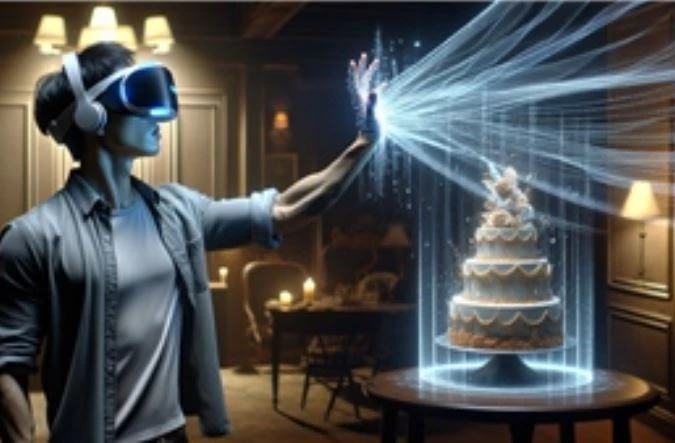


![[Photo] Overcoming all difficulties, speeding up construction progress of Hoa Binh Hydropower Plant Expansion Project](https://vstatic.vietnam.vn/vietnam/resource/IMAGE/2025/4/12/bff04b551e98484c84d74c8faa3526e0)
![[Photo] Closing of the 11th Conference of the 13th Central Committee of the Communist Party of Vietnam](https://vstatic.vietnam.vn/vietnam/resource/IMAGE/2025/4/12/114b57fe6e9b4814a5ddfacf6dfe5b7f)


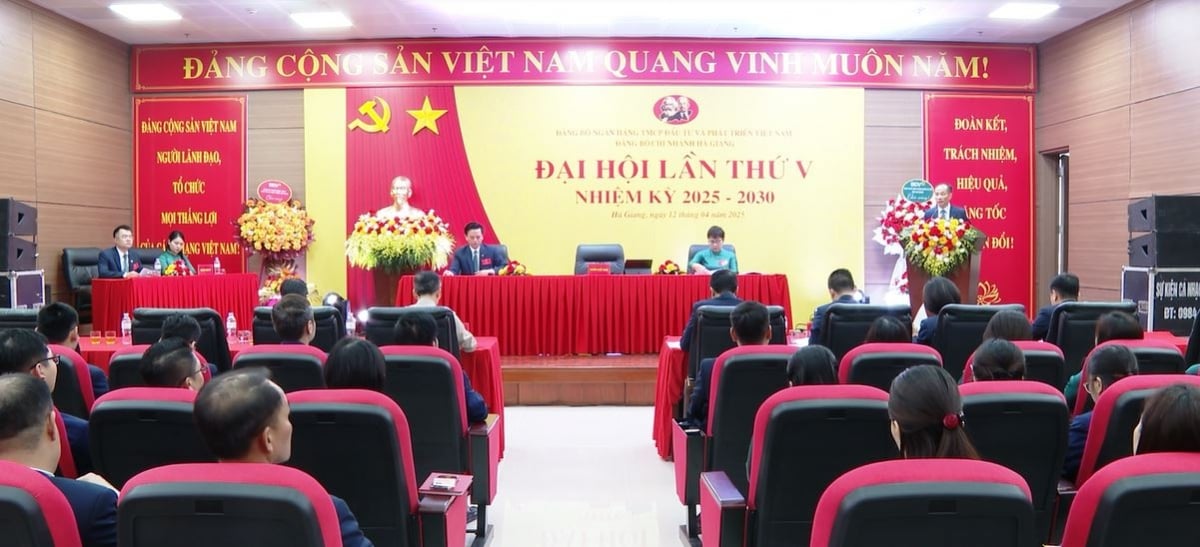

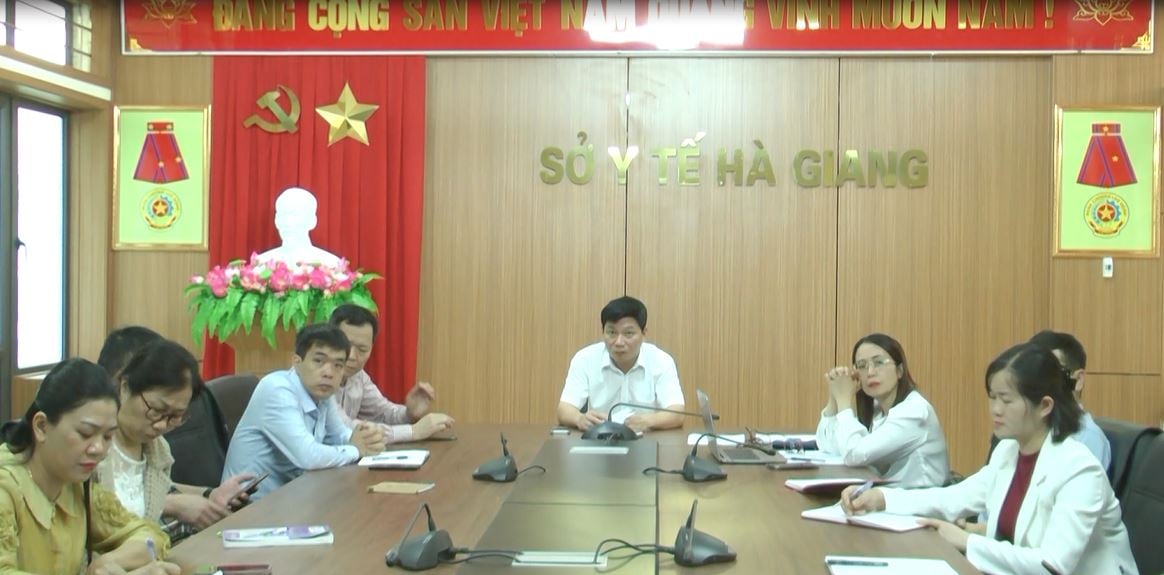
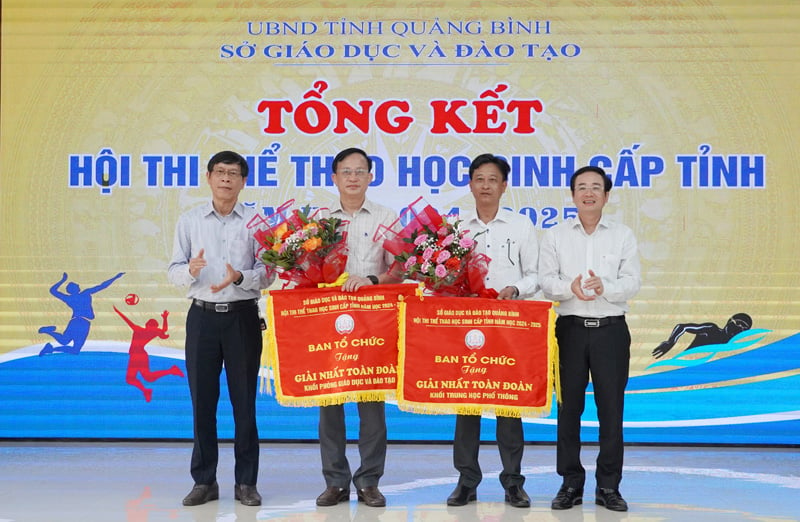

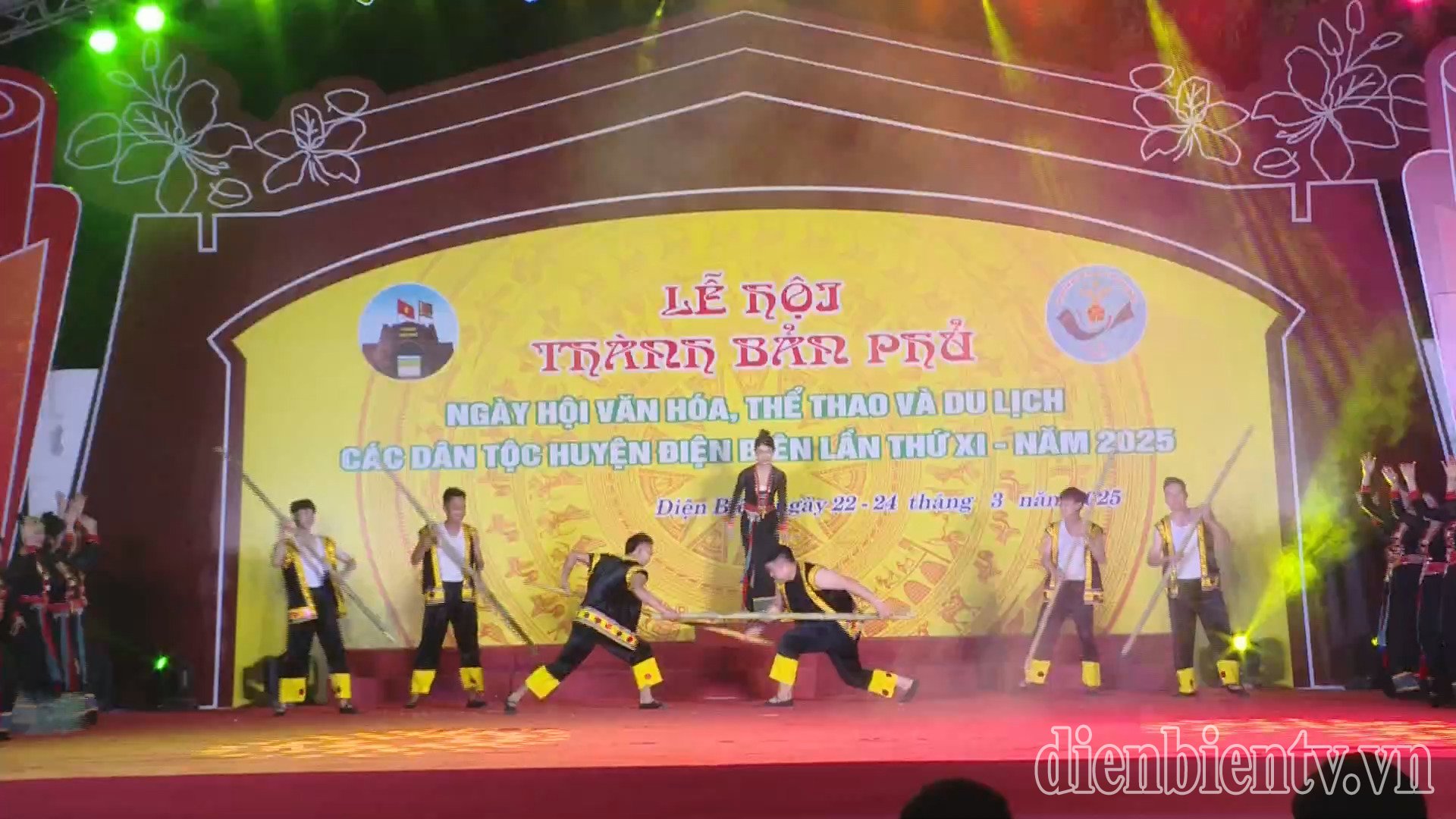
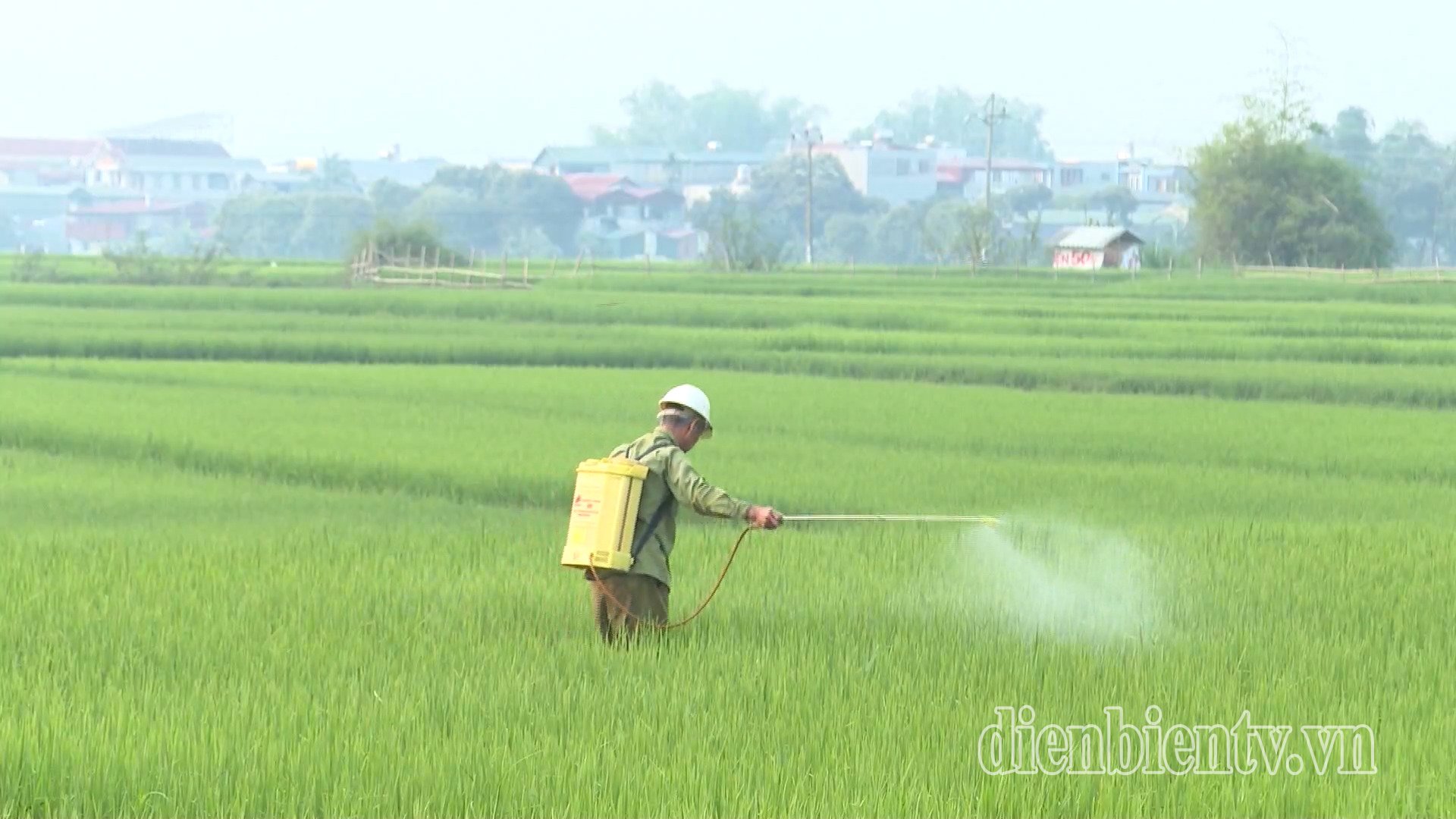
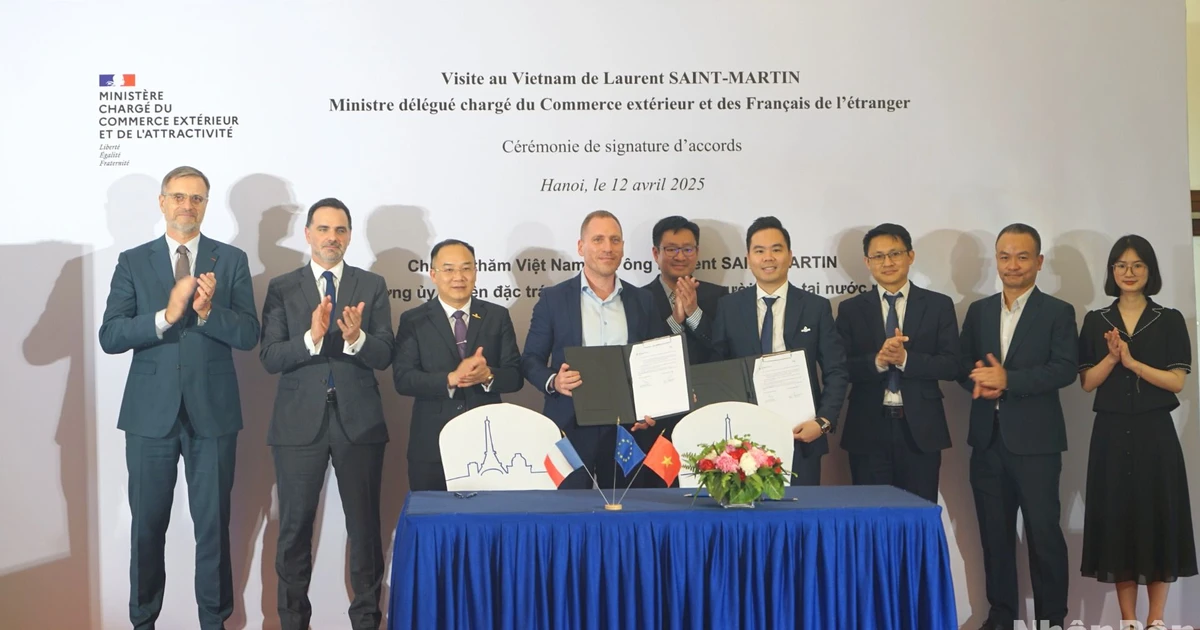
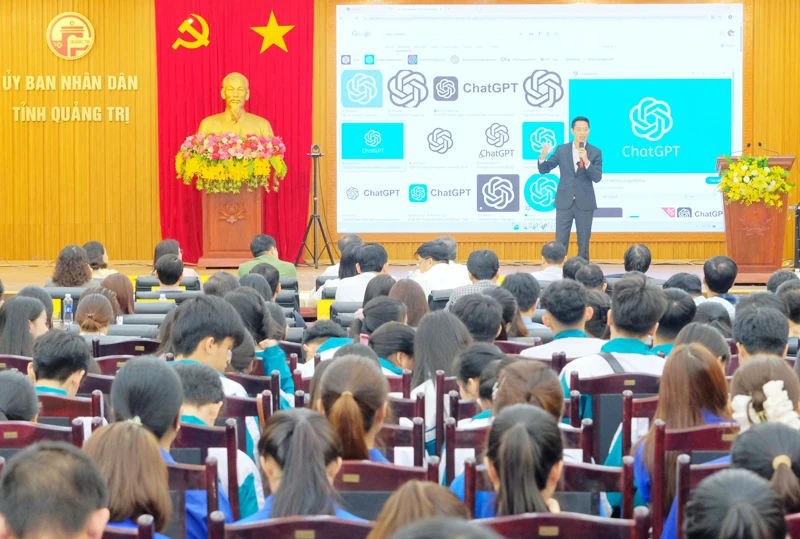



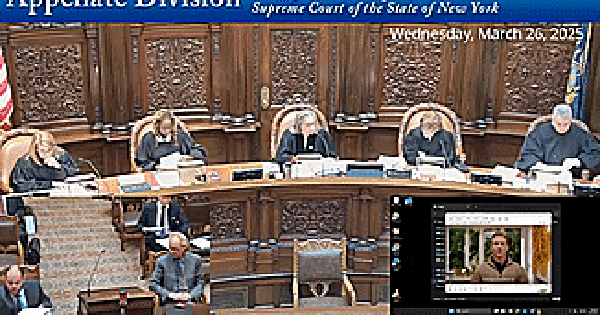



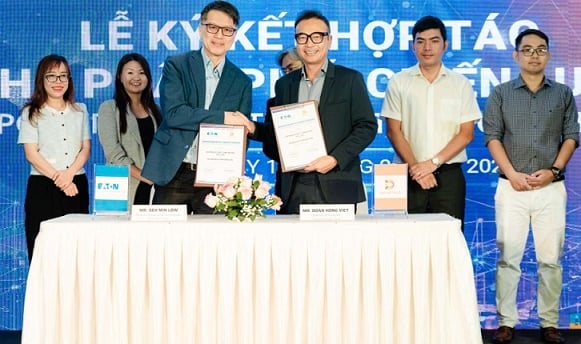
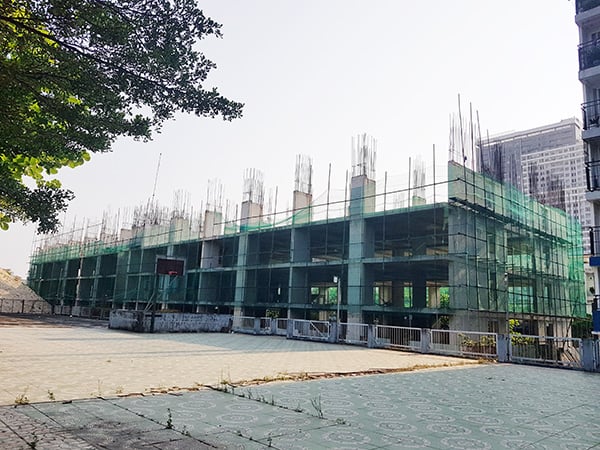
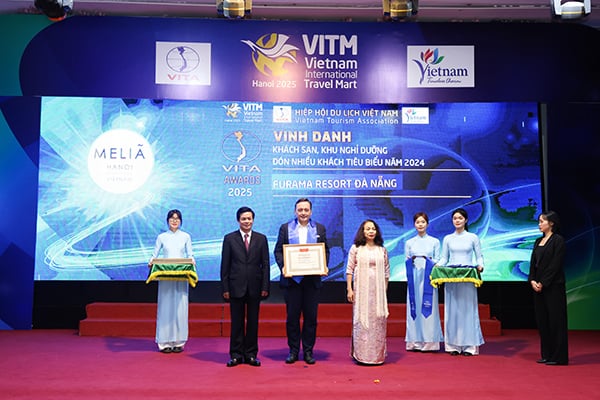

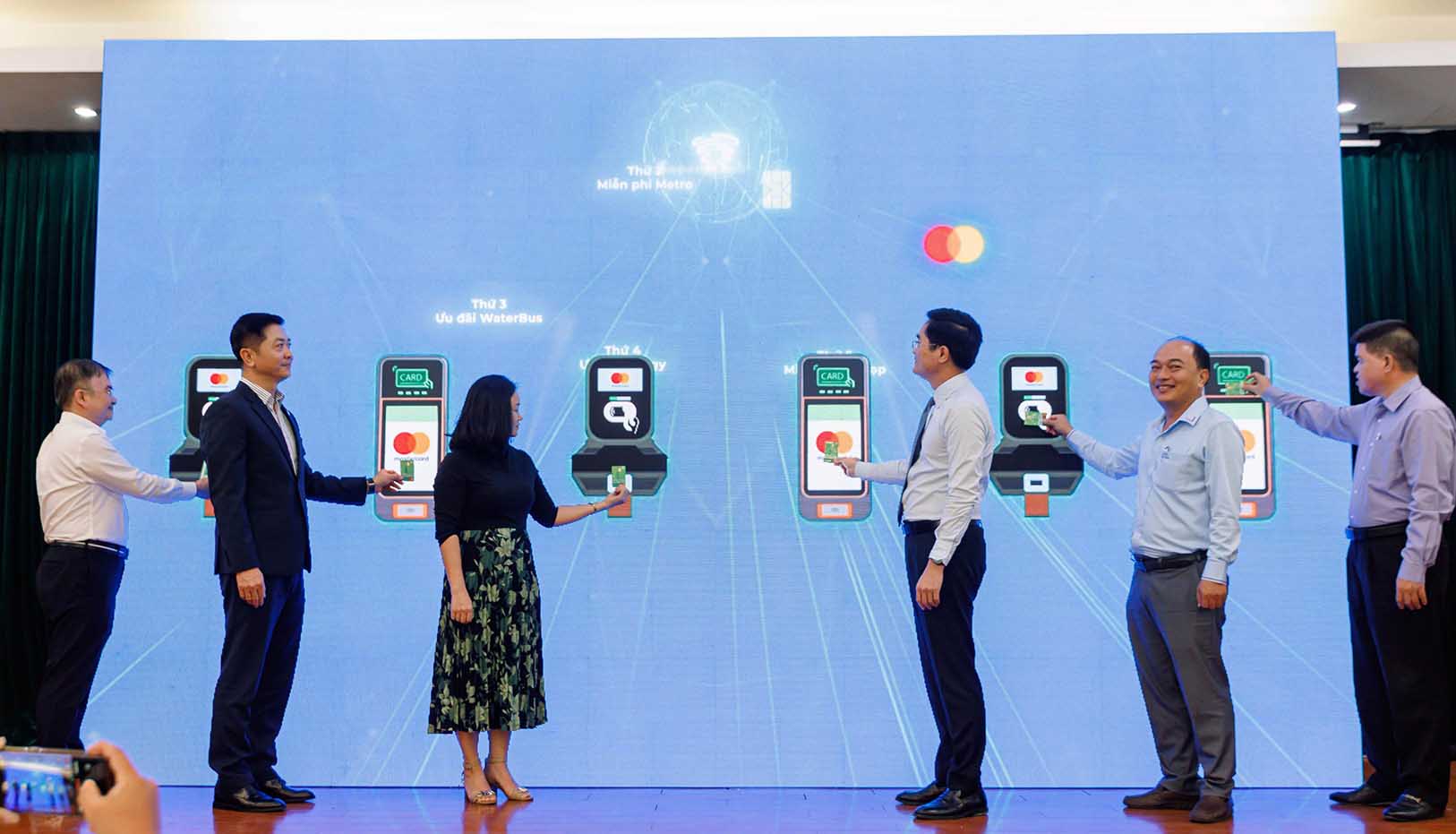
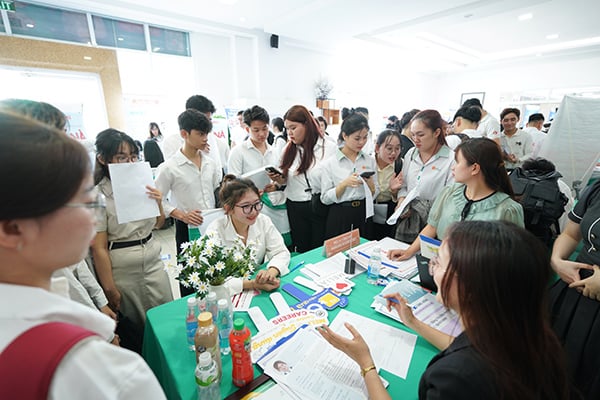















































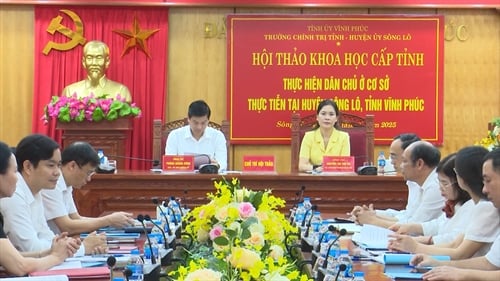

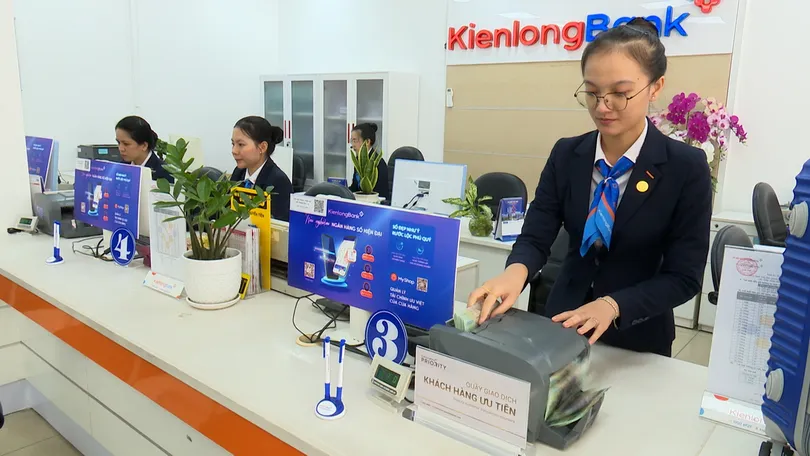
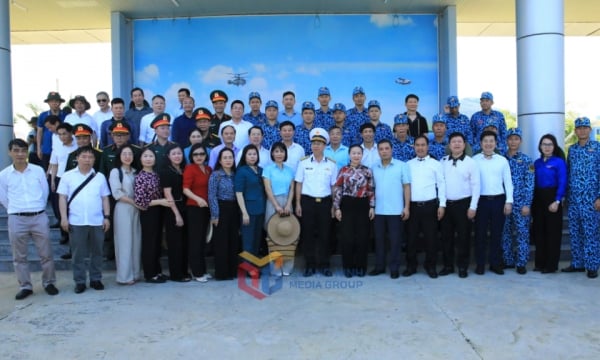
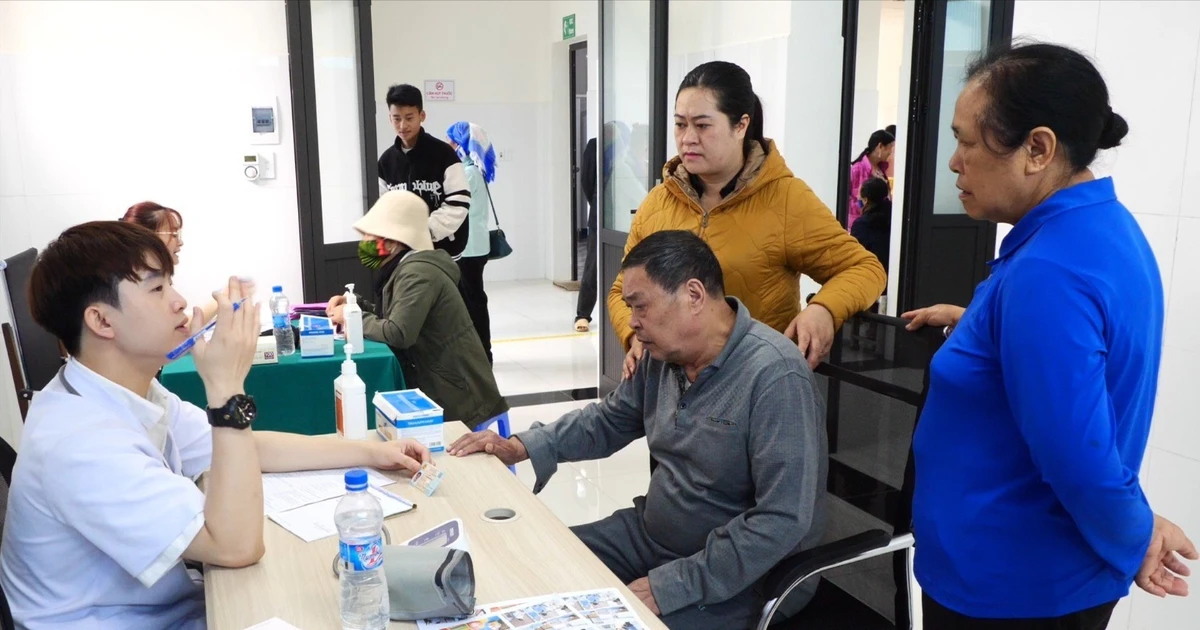












Comment (0)